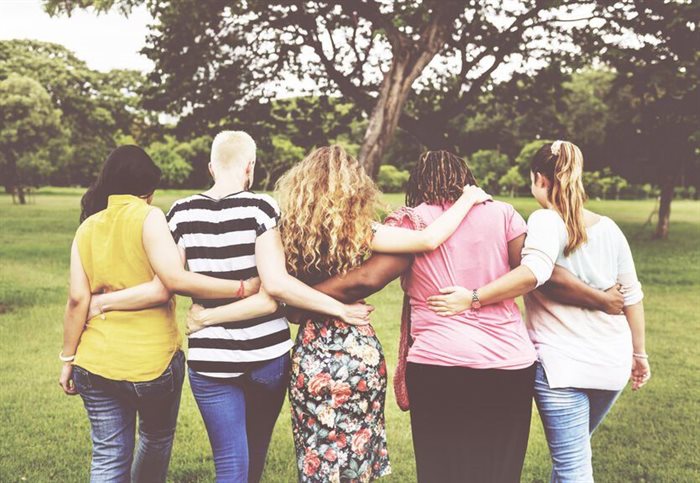Even during Women's Month, gender-based violence (GBV) continues unabated. For those who survive, particularly intimate partner violence (IPV), shelters for abused women offer a safe space with resources and services that will empower them to leave their abusive relationships and rebuild their lives.
However, the quality and quantity of the resources and services available to them largely depend on whether these shelters receive enough funding.
This is according to Leandri Minnie from Cape Town who recently obtained her master’s degree in political science at Stellenbosch University.
As part of her study, Minnie compared the resource and service provision at a government-funded shelter with that of a privately funded shelter in Cape Town to understand the tangible difference between them in terms of empowering survivors of GBV and IPV. She interviewed managers and social workers at the two shelters and asked women staying there to complete a questionnaire on how they perceive the services offered to them.
Guidelines on length of stay
Minnie says both the manager and social worker at the state-funded shelter said that to remain eligible for government funding, they must adhere to set guidelines regarding how long abused women stay and how many leave the shelter annually.
“Women are usually allowed to stay for three to four months, unless the social worker can make a case for an exemption to this rule. Because they don’t stay long, many women leave the shelter without a life strategy that could potentially help them to better their lives and keep them from being revictimised.
“The manager also mentioned that most of the women end up living in shacks in someone else’s backyard when they leave because there is no government-funded programme that can help them find suitable accommodation or a job.

Leandri Minnie
“Because of insufficient funding and limitations on the time women can stay, these shelters find it difficult to empower women both psychologically and financially.”
Minnie points out that the board of directors at the non-state funded shelter established flexible guidelines that allow women to stay longer.
“Usually, women stay at the shelter until they find suitable housing and stable employment. This can be for three to six months. However, during the height of the Covid-19 pandemic and the subsequent unpredictability of the job market, they were allowed to stay for eight months to a year.
“Women at the shelter are also supported financially to pay the deposit for an apartment or house they want to rent.”
Food, shelter, and various services provided
Minnie adds that both shelters provided accommodation, food, toiletries, and hygiene products, as well as counselling, parental training, skills development, employment, and legal and medical services.
“The state-funded shelter usually refers women to public hospitals, drug counselling centres and legal aid clinics, while the privately funded shelter uses private doctors, psychologists, psychiatrists, and lawyers who predominantly offer their time and services free of charge.
“Whereas the former provides women access to computers to look for employment opportunities, help them create or update their resumés and prepare them for job interviews, the latter uses a recruitment agency to help women find a job.
“These shelters help women regain their self-worth and independence by giving them the opportunity to choose not to return to their abusive partner. They help women to reconnect with their friends and family through counselling, which gives them a support system that can ease their transition into their new lives.”
Advocating on behalf of women
Minnie says staff at both shelters spoke about how they must consistently advocate on behalf of the women and come up with individualised intervention strategies that cater to the needs of each survivor.
“They try to support all the women to the best of their ability, be it by accompanying them to the police station to file a protection order or helping them have their children’s school fees waived due to the change in their circumstances.”
She adds that women at both shelters found the resources and services helpful.
Minnie calls on government to amend the limitation on the time abused women can stay at state-funded shelters. “Government should also implement a more diverse Victim Empowerment Programme that can help these women become financially independent and have suitable accommodation to completely break free from abusive relationships.”









































